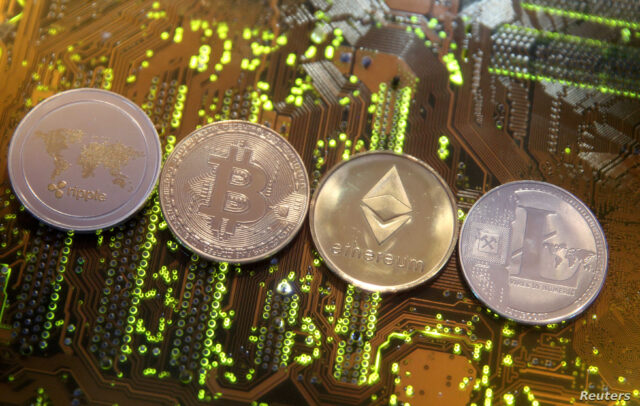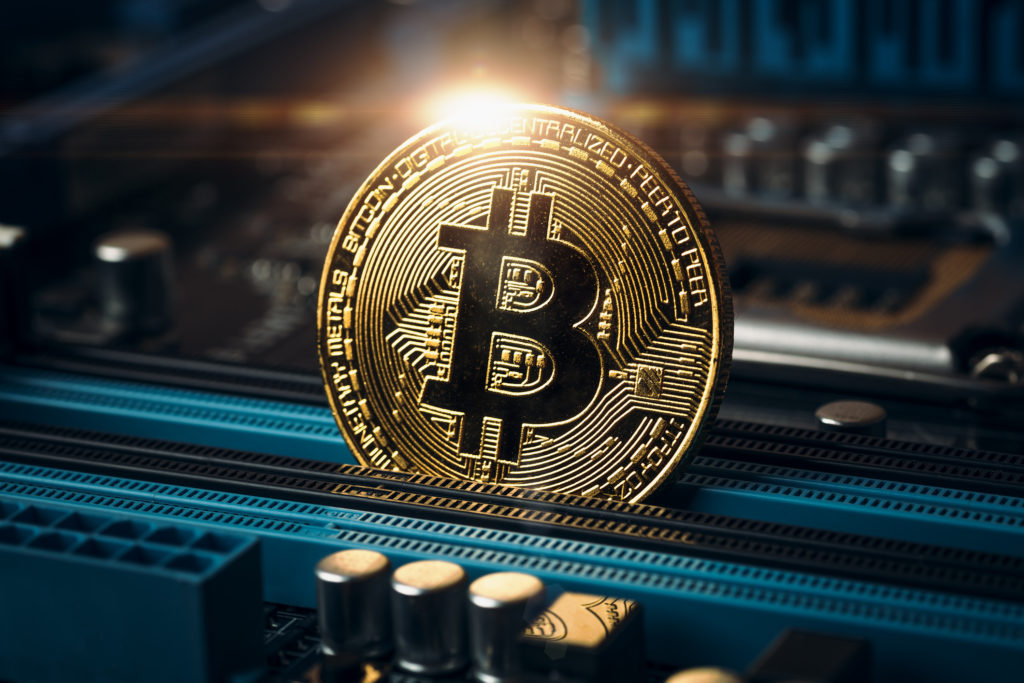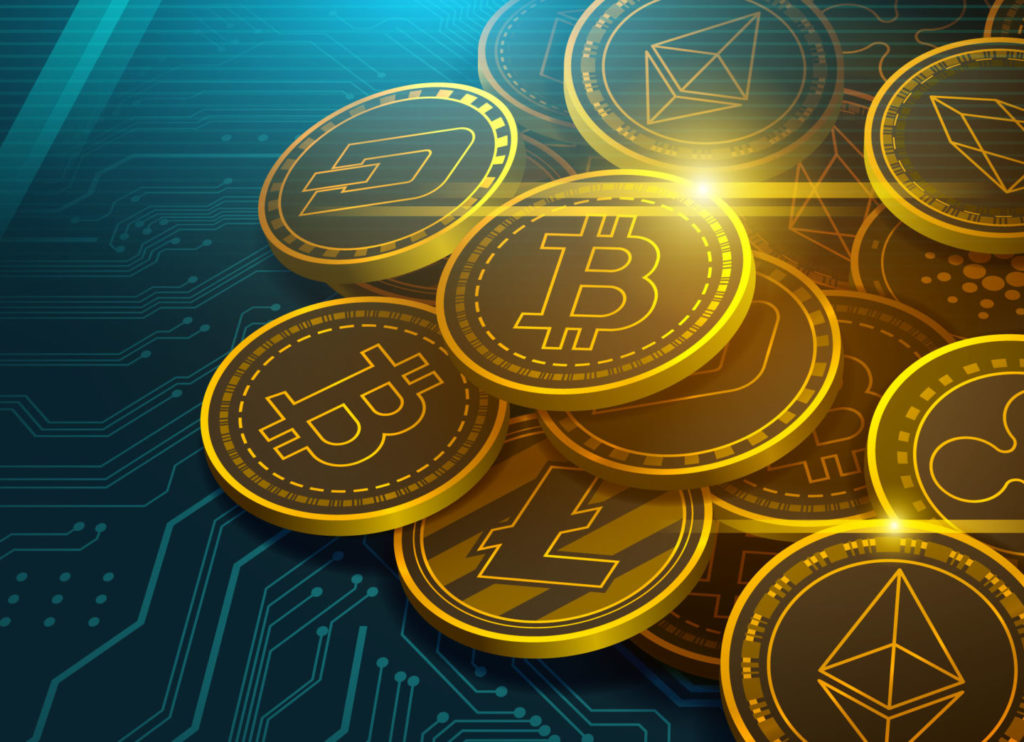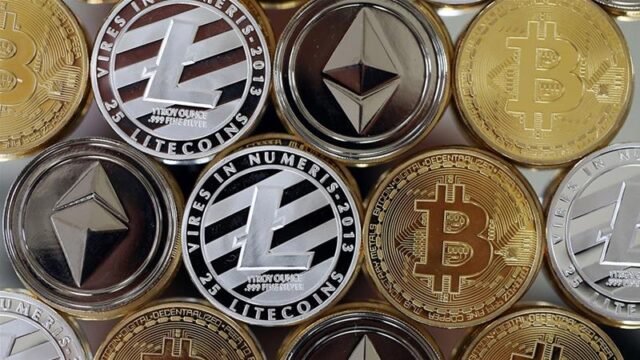
So you want to get started with cryptocurrency? Good choice. There may not have been a more important innovation in technology over the past 10 years. But where do you start? There are thousands of different coins, hundreds of different exchanges, and millions of different opinions.
But don’t worry – we’ve got you covered. Below you’ll find the 4 most essential steps to getting started with cryptocurrency. Follow these steps exactly and you’re guaranteed to start off on the right foot.
Read the Bitcoin White Paper

Look, we get it. You want to get into cryptocurrency because it’s exciting and you think you can make some money. That’s cool and everything, but if you don’t understand the roots you’re not going to make it. You’ve got to do the groundwork.
Reading the 8-page white paper authored by Bitcoin creator Satoshi Nakomoto is the opposite of exciting. It’s technical, it’s in black and white, and it’s kinda boring. But if you take the time to sit down, focus, and wrap your head around what Satoshi is saying in the paper, you will be further along in understanding cryptocurrency than 90% of the people who say they are “enthusiasts” when it comes to Bitcoin and altcoins.
We’re not going to spell out the white paper for you. This is a personal exercise for you and you alone. Take the time, read it, and thank us later.
After that, move on to…
Finding a Legit Exchange
If you have passed the challenge of reading and digesting the white paper, you are approved to move onto obtaining cryptocurrency of your own. To do this, you will need to most likely sign up for a cryptocurrency exchange. A few of the most popular include:
- Coinbase
- Binance
- Kraken
- Huobi
- Bitfinex
- Bitstamp
- KuCoin
While these are all popular exchanges to use for buying and exchanging Bitcoin and altcoins, we HIGHLY recommend that you research each individual exchange to ensure that A) It is available in your jurisdiction and B) Has a track record of excellent service that is recent.
The sad reality of many past cryptocurrency exchanges is that they performed well for a period of time to gain user trust, then slowly degraded their services. Some have even completely shut down while taking user funds.
To ensure that you protect yourself from this kind of scam, look for user testimonials on popular sites like Twitter and Reddit. After you’ve found an exchange you can trust, you will need to figure out the best cryptocurrencies to invest in. This is, again, dependent on doing your own in-depth research. Lean on forums, historical data and advice from established veterans of the industry.
After figuring out what crypto you want to purchase, you’ll want to find a guide like Cryptocurrency Posters to get more information about dogecoin. It will walk you through the process of using an exchange from start to finish.
Get a Good Wallet

Once you have purchased your cryptocurrency, it is highly recommended that you do not leave it for storage on an exchange. The reality of storing cryptocurrency on an exchange is that it is susceptible to the possibility of being stolen via hack. While this sort of event is not as common as it used to be in the early days of cryptocurrency, the chance is one you simply do not want to take.
There are a number of different cryptocurrency wallet implementations, so below you will find a list of options that you can look into. Take your time to find a solution that will best fit your use case. Your options for wallets to research include:
1A Desktop Wallet
These are usually robust wallets that feature the most complex sets of features a cryptocurrency user may need.
Desktop wallets are mainly recommended for advanced users. They should also be used with caution because, since they are usually operated via a computer connected to the internet, they are susceptible to being hacked.
2A Mobile Wallet
A mobile wallet is exactly what you would expect: a cryptocurrency wallet that can operate via your mobile phone.
These are usually less feature-intensive than desktop wallets, but they are undoubtedly more convenient. Nonetheless, they are also highly at risk for attack vectors since mobile phones are almost constantly connected to the internet.
3A Paper Wallet
These wallets are very low-tech but have a key point of strength over most wallets. They are completely disconnected from the Internet.
This significantly lowers your possibility of having funds stolen from the wallet. Research this type of wallet if you simply need to store your cryptocurrency and don’t have a need to send and receive transactions at regular intervals.
4A Hardware Wallet

Hardware wallets are physical cryptocurrency wallets that offer the best of both worlds between online wallets and paper wallets.
They feature an ingenious design that allows the wallet to be connected to a computer for sending transactions, but because of clever programming, the funds within the wallet are kept offline so that they cannot be hacked. Top examples include the Trezor and Ledger wallets.
Join the Conversation
You’ve learned about cryptocurrency, you’ve purchased cryptocurrency, and you are now safely storing it in a wallet that is under your own control. What next? Keep learning! There is so much happening in this community that every day where you are not looking for more information and making new networking connections is a day wasted.
The links earlier for Twitter and Reddit offer excellent communities to join and learn more. Furthermore, you should check local meetup postings in your area for cryptocurrency specific events. There’s nothing better than meeting other curious enthusiasts in person to discuss and brainstorm ideas surrounding the industry.







